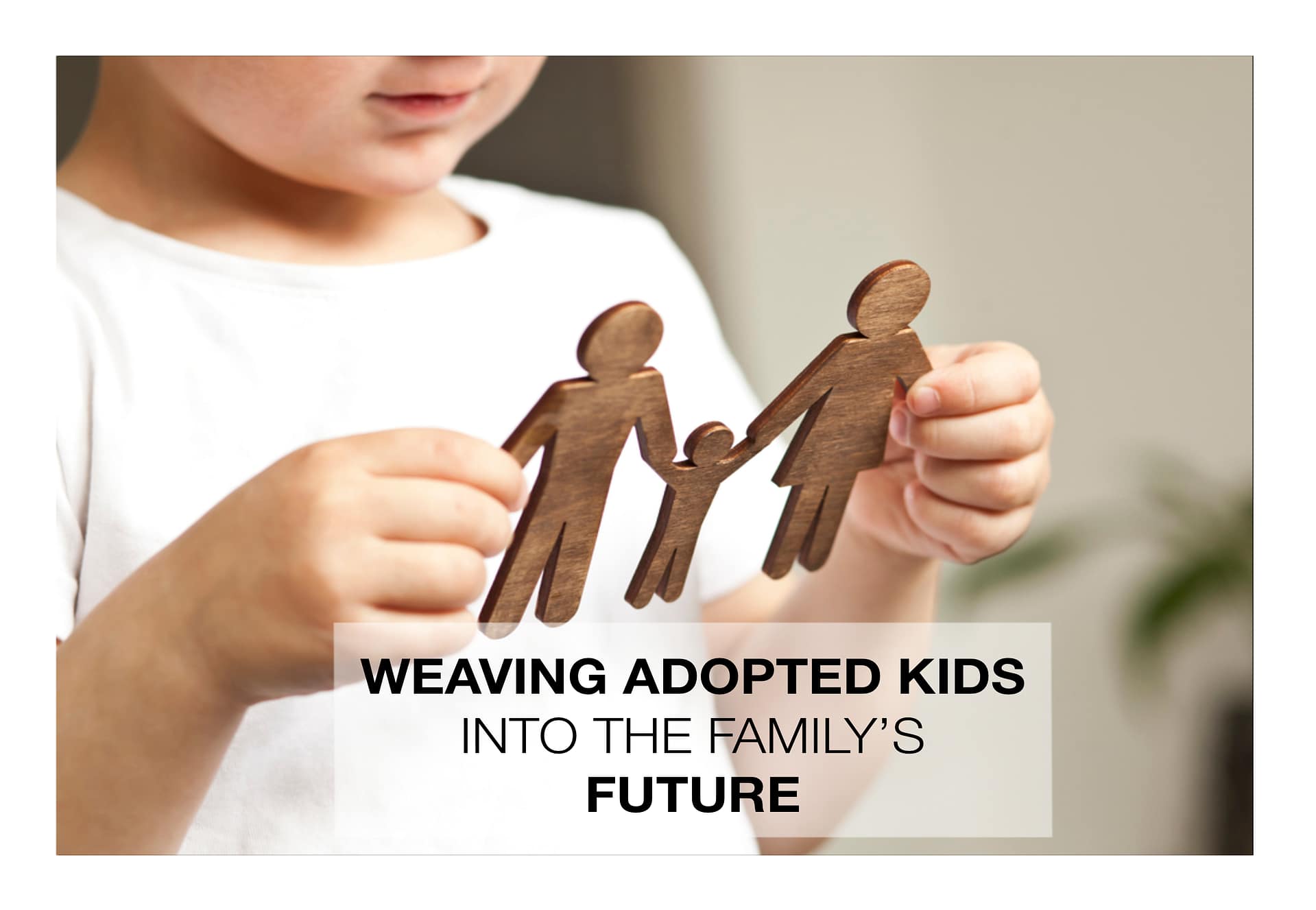Children up for adoption have often endured countless trials in life, many that the rest of us shall never comprehend, before finding their forever family. What they don’t need are feelings of rejection by members of their new family post-adoption.
Adoption carries a host of issues for both the adopted child and the adoptive family. If the family has biological children, they might reject, ridicule or deride their new “siblings.” It can be made worse for the adopted child if they’re old enough to know they had birth parent(s) or family who put them up for adoption; abandonment is a horrible trauma that can be impossible to overcome, even with the best of intentions and intervention.
It’s important for the adoptive parents to address possible issues early on from two unique perspectives. First is dealing with the child’s immersion and acceptance into the family. The second is the rules by which the family will address the entire family’s changing dynamic, which can be achieved by using family governance.
First, reception. Those planning to adopt will become more than new parents; they will need to take the additional mantle of counsellor, mediator and supporter. How will they help their birth children embrace the new child, and vice versa? How can they help the child find their place in the family, from those in the immediate household to the extended family, such as grandparents, uncles, aunts and cousins?
The parents may play the role of caregiver, especially if the child has medical or mental health issues today or in the future. Face it – many adoptive parents know little about a child’s family history, from hereditary health issues, such as heart disease or cancer, to even whether the birth mother was attentive to prenatal care, was a substance abuser, or potentially exposed the child to harm in utero.
Then, there’s governance. As I’ve written before, governance is the set of rules by which the family operates. Adoption introduces a unique set of issues with particular relevance for families of means. It may be understandable if biological children wonder or question what, whether or how much their new adopted sibling will benefit from the family’s worth.
What if the family runs a business or has a family office? Will the adopted child eventually earn a place – or at least an equal shot at – in the enterprise? Governance should address this, as well as how inheritance will be handled.
To be effective, acceptance and some details about governance should be the topic of a family meeting, both between the nuclear family and the extended family with shared business or financial interests. We’ve explored family meetings in the past; done well, they can be highly beneficial exercises that allow all involved to express their feelings and opinions in an open and safe environment. That’s no less so in the matter of adoption.
Whether nuclear or the affected extended family, gather to openly and honestly discuss everyone’s feelings. In the case of the nuclear family, birth children should be encouraged to air their feelings and concerns, with parents listening intently. Any issues should be addressed at that time.
The parents need to sit down with the adopted child to express their feelings and family “rules,” and to welcome any questions the child may have. This is especially important if the child is old enough to understand the situation. Just as you wouldn’t stifle the birth children’s queries, invite the same from the adopted child.
This is the setting for the parents to lay out the rules. Above all else, birth children are never to disparage or belittle or differentiate between themselves and the adopted child. Let them know the potential perils; once said, hateful or demeaning words cannot be taken back. Once the meeting has been held and issues addressed, it should never be discussed again, barring any big changes in the family dynamic, such as the child choosing a life of crime or amorality. Honestly, this would be the same for birth or adopted children.
That said, birth and adopted children may have questions later that they didn’t know to ask at the time of the initial family meeting. Don’t shut them down; welcome and encourage their questions and concerns, if necessary in the safety of confidentiality. Don’t let questions, concerns or fears fester.
If you’re considering adopting a child, or you already have adopted and are wondering how to manage your family’s affairs, let’s talk. I’ve helped families navigate these challenging situations. Adoption itself is a beautiful act, especially if you work to help your nuclear and extended family to see it that way.

Leave A Comment